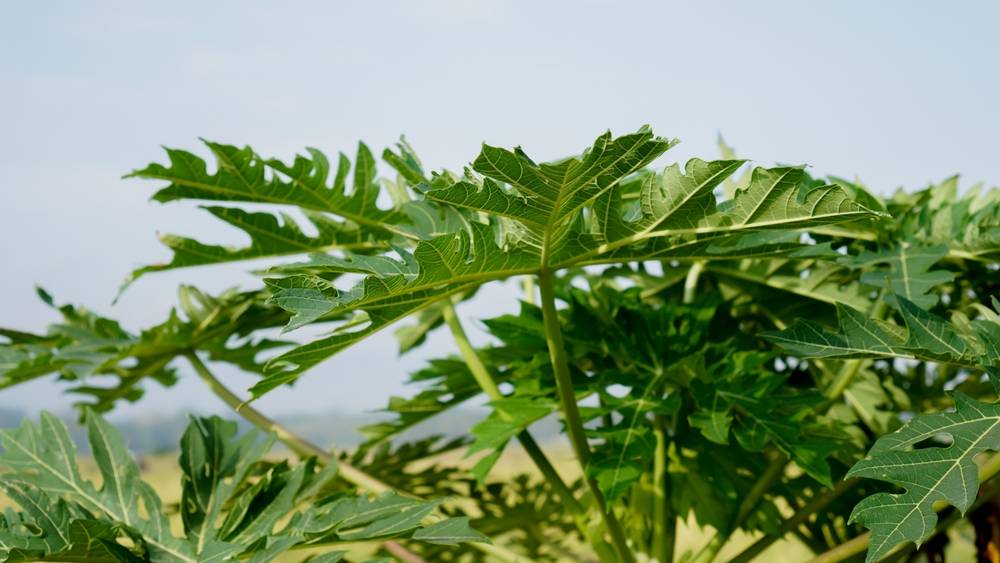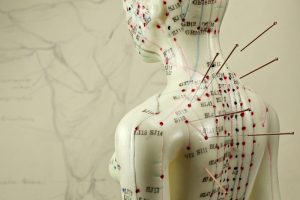Uncovering the Surprising Benefits of Papaya Leaf Juice for Dengue Treatment
Can a simple juice from papaya leaves help combat dengue fever? Emerging evidence suggests that papaya leaf juice could be a game-changer for dengue patients, significantly boosting platelet counts and enhancing recovery. This natural remedy, cherished in traditional medicine, is now gaining scientific backing for its potential to support dengue treatment.
Understanding Dengue Fever and the Role of Platelets
Dengue fever, transmitted by the Aedes mosquito, is a prevalent viral infection in tropical and subtropical regions. Symptoms range from mild flu-like conditions to severe manifestations such as dengue haemorrhagic fever and dengue shock syndrome.
A major complication of dengue is thrombocytopenia. This is a critical drop in platelet counts that increases bleeding risks and can be life-threatening. Platelets, or thrombocytes, play a crucial role in blood clotting and wound healing. Maintaining adequate platelet levels is essential for reducing the severity of dengue and aiding recovery. Research emphasises the importance of interventions that can help stabilise or elevate platelet counts in dengue patients.
Increased Platelet Counts with Papaya Leaf Juice
Recent studies have highlighted the potential of papaya leaf juice in significantly increasing platelet counts in dengue patients. Patients consuming papaya leaf juice have shown remarkable improvements, with platelet counts rising from dangerously low levels to safer ranges within just a few days. Research has demonstrated that those treated with papaya leaf extract experience accelerated platelet recovery, with significant improvements observed in as little as 40 hours.
Further supporting these findings, a randomised controlled trial. This involved a large group of patients, and found that Carica papaya leaf extract significantly increased platelet counts over the therapy duration. There were notable improvements within five days. These studies collectively suggest that it not only aids in platelet recovery but also does so more swiftly than conventional treatments. The ability of papaya leaf juice to boost platelet production could be crucial in reducing the risk of severe complications in dengue patients.
Supportive Clinical Findings
Clinical research supports the efficacy of papaya leaf juice in dengue treatment. Studies have demonstrated that patients treated with papaya leaf juice show significant improvements in both white blood cell and platelet counts. In one study, patients exhibited increases in platelet counts from 55,000/µL to 168,000/µL and white blood cell counts from 3,700/µL to 7,700/µL. These results indicate that papaya leaf juice not only helps in boosting platelet levels but also enhances overall immune function.
Another clinical trial highlighted the benefits of Carica papaya leaf extract in dengue patients. Over the course of the therapy, patients receiving the extract experienced a notable increase in platelet counts compared to those who did not receive the treatment.
Traditional and Regional Use of Papaya Leaf Juice
Papaya leaf juice has been traditionally used in various regions, especially in Southeast Asia, as a natural remedy for dengue fever. In countries like Malaysia, it has become a popular alternative treatment due to its reported effectiveness in reducing dengue symptoms and improving patient outcomes. Local practices have long valued the medicinal properties of papaya leaves, using them to control the incidence and severity of dengue fever.
These traditional uses are now supported by modern research, which validates the experiences of local communities. Studies have confirmed that patients treated with papaya leaf juice exhibit significant improvements in platelet and white blood cell counts, contributing to better overall health and recovery.
Mechanism of Action: How it Works
Research suggests several mechanisms by which papaya leaf juice exerts its beneficial effects on dengue patients. One key mechanism is its potential antiviral activity, which helps combat the dengue virus. The juice is believed to enhance the body’s immune response, enabling it to fight the virus more effectively.
Moreover, it may prevent thrombocytopenia by stimulating platelet production. It appears to modulate the immune response, leading to improved platelet counts and reduced inflammation. Studies have indicated that compounds in papaya leaf juice can affect cytokine production, potentially reducing the inflammatory response associated with dengue fever and facilitating quicker recovery.
These combined effects make it a promising supportive treatment for dengue fever, helping to manage symptoms and enhance the body’s ability to recover from the infection.
Key Insights on the Benefits of Papaya Leaf Juice for Dengue Fever
Given its accessibility and effectiveness, papaya leaf juice could serve as an important complementary treatment for dengue. Especially in regions where medical resources are limited. While more extensive research is needed to fully understand its mechanisms and optimise its use, current evidence suggests that papaya leaf juice can play a crucial role in supporting dengue patients through their recovery journey.
References:
- A Multi-centric, Double-blind, Placebo-controlled, Randomized, Prospective Study to Evaluate the Efficacy and Safety of Carica papaya Leaf Extract, as Empirical Therapy for Thrombocytopenia associated with Dengue Fever. (2016, June 1). PubMed. https://pubmed.ncbi.nlm.nih.gov/27739262/
- Norahmad, N. A., Razak, M. R. M. A., Misnan, N. M., Jelas, N. H. M., Sastu, U. R., Muhammad, A., Ho, T. C. D., Jusoh, B., Zolkifli, N. A., Thayan, R., Ripen, A. M., Zainol, M., & Mohamed, A. F. S. (2019). Effect of freeze-dried Carica papaya leaf juice on inflammatory cytokines production during dengue virus infection in AG129 mice. BMC Complementary and Alternative Medicine, 19(1). https://doi.org/10.1186/s12906-019-2438-3
- Sarker, M. M. R., Khan, F., & Mohamed, I. N. (2021). Dengue Fever: Therapeutic Potential of Carica papaya L. Leaves. Frontiers in Pharmacology, 12. https://doi.org/10.3389/fphar.2021.610912
- Bsr, D., Kj, G., & Jadhav, L. L. (2013). EFFECT OF PAPAYA LEAF JUICE ON PLATELET AND WBC COUNT IN DENGUE FEVER: A CASE REPORT. https://www.semanticscholar.org/paper/EFFECT-OF-PAPAYA-LEAF-JUICE-ON-PLATELET-AND-WBC-IN-Bsr-Kj/58ce388a17b84032175e442c068fdae4272c57a1
- Kasture, P., Nagabhushan, K., & Kumar, A. (2016). A Multi-centric, Double-blind, Placebo-controlled, Randomized, Prospective Study to Evaluate the Efficacy and Safety of Carica papaya Leaf Extract, as Empirical Therapy for Thrombocytopenia associated with Dengue Fever. https://www.semanticscholar.org/paper/A-Multi-centric%2C-Double-blind%2C-Placebo-controlled%2C-Kasture-Nagabhushan/b687ab931b0fca976abcabfc0ab0424d11d981b5
- Subenthiran, S., Choon, T. C., Cheong, K. C., Thayan, R., Teck, M. B., Muniandy, P. K., Afzan, A., Abdullah, N. R., & Ismail, Z. (2013). Carica papayaLeaves Juice Significantly Accelerates the Rate of Increase in Platelet Count among Patients with Dengue Fever and Dengue Haemorrhagic Fever. Evidence-based Complementary and Alternative Medicine, 2013, 1–7. https://doi.org/10.1155/2013/616737
- Siddique, O., Sundus, A., & Ibrahim, M. (2014). Effects of papaya leaves on thrombocyte counts in dengue–a case report. https://www.semanticscholar.org/paper/Effects-of-papaya-leaves-on-thrombocyte-counts-in-Siddique-Sundus/cc2f5412b2b02945d030a0008a86fdba61545793














